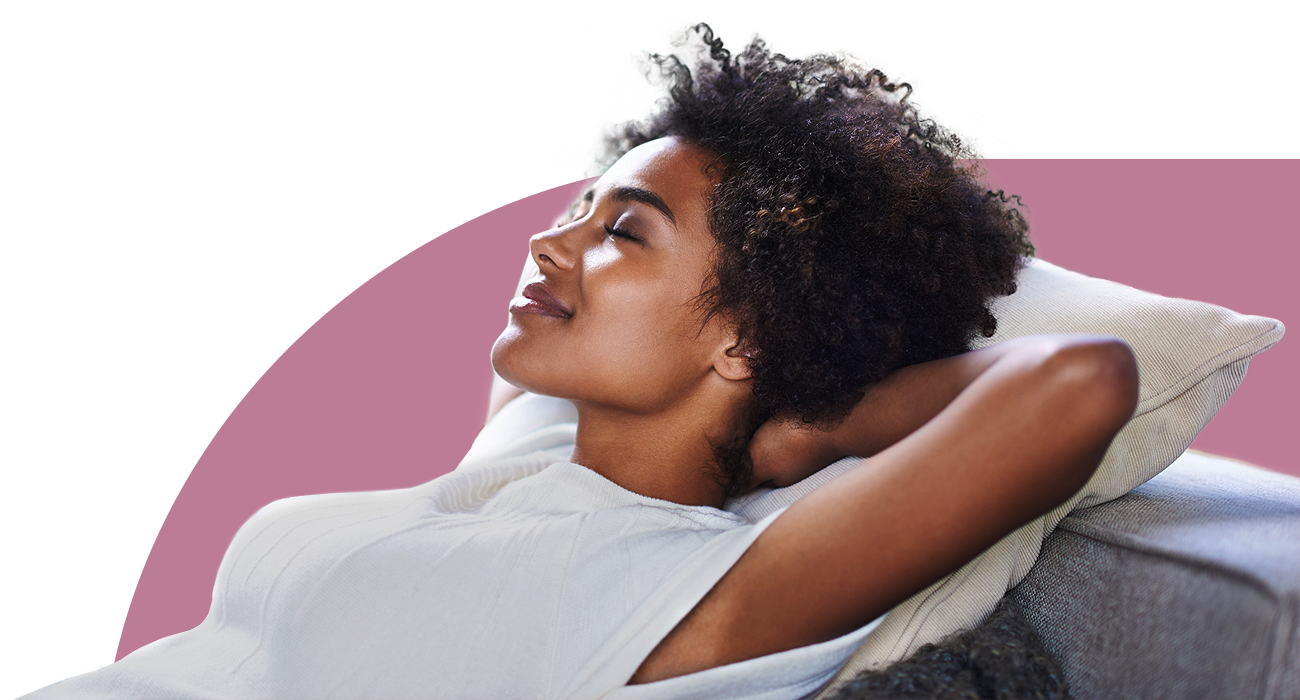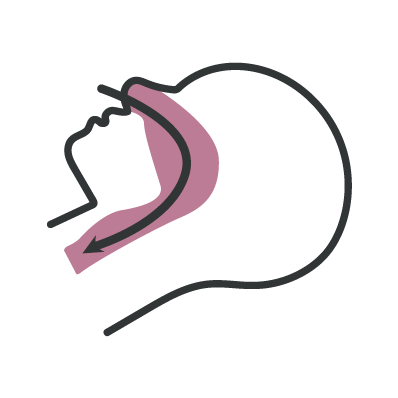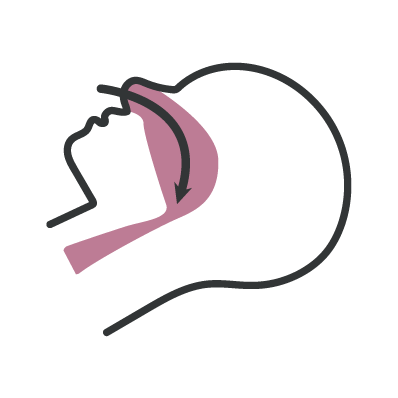
Your Sleep Guide to Better, Healthier Rest
Sleep is much more than a nightly routine or a way to shake off tiredness. Sleep is fundamental to our well-being and an essential part of maintaining vital bodily functions. If your sleep quality has taken a backseat in your overall health, it’s time to give it the check it deserves.
It Benefits to Be Well Rested
A lot of good happens while you sleep. Reward yourself.
Key Sleep Disorders Affecting Canadians
Insomnia
Difficulty falling asleep and maintaining sleep without waking up.
Sleep Apnea
Abnormal breathing patterns with periods where breathing pauses and resumes.
Narcolepsy
Uncontrollable urge to sleep during daytime and irregular sleep patterns while asleep.
Restless Leg Syndrome
Irresistible urge to move your legs while sleeping and can include painful sensations or muscle spasms.
Parasomnia
Unusual sleeping behaviors during sleep stages that can include sleep walking, sleep talking, and irregular movements.
It’s recommended that you seek treatment if you experience frequent daytime drowsiness as you may have one of the above sleep disorders.
Sleep Apnea Overview
Sleep Apnea is periodic, inconsistent breathing patterns caused by the obstruction or narrowing of the airway (Obstructive Sleep Apnea or OSA) or by your brain not sending the correct signals to activate your respiratory muscles (Central Sleep Apnea or CSA). Untreated, sleep apnea can cause sleep deprivation, high blood pressure, and obesity among other health issues.

Unobstructed Airway
Regular breathing occurs, and you can rest normally.

Obstructed Airway
Paused or shallow breathing resulting in snoring, coughing, and gasping for air, interrupting sleep.
Sleep Apnea Treatment
In milder cases, weight loss can help to alleviate some symptoms of sleep apnea and there are surgical alternatives for the most severe cases. These methods can help to reduce symptoms, but they are not guaranteed cures and can take time or be very invasive. Your sleep can’t wait. Clinicians recommend PAP therapy as it provides immediate relief to the symptoms of sleep apnea allowing you to address other health concerns that may be affecting your lifestyle.
Frequently Asked Questions
How much sleep do I need?
Adults require 8 hours of sleep on average to support their physical and mental health every night. While the time spent sleeping is very important, the quality of your sleep also plays a large and often forgotten role in your sleep quality.
What are the stages of sleep?
There are total of 4 sleep stages which includes NREM (non-rapid eye movement) sleep stages 1, 2, and 3, and REM (rapid eye movement) sleep stage 4. During sleep, your body cycles through the 4 sleep stages several times with varying durations.
Which sleep stages are important?
All sleep stages are important, however; certain stages of sleep are more responsible for refreshing your body and mind than others. These sleep stages are deep sleep (NREM stage 3) and REM sleep.
In deep sleep, your body repairs itself and tissue, muscles, and bone are regrown or built. In REM sleep, parts of the brain that are responsible for learning and long-term memory recollection are stimulated which also results in dreaming.
What kind of diseases can sleep help prevent?
Quality sleep can help prevent diseases such as Alzheimer’s, diabetes, cardiovascular disease, strokes, obesity, and depression.
Do you carry products for any of the other sleep disorders?
While we carry an assortment of products to improve and monitor your general sleep quality, airvoel.ca currently specializes in the treatment of sleep apnea.
I only have a few of the symptoms from the sleep quiz, do I have sleep apnea?
You could have sleep apnea, or you may have similar, but unrelated symptoms of another sleep disorder. You could also have mild symptoms that don’t require any immediate treatment. A home sleep test will reveal how severe your symptoms are and if further treatment is recommended to manage them.
Do I need PAP therapy if I have sleep apnea?
PAP therapy is strongly recommended depending on how severe your sleep apnea symptoms are. The airway obstructions and partial obstructions that cause sleep apnea lower sleep quality and prevent deep, regenerative rest.






